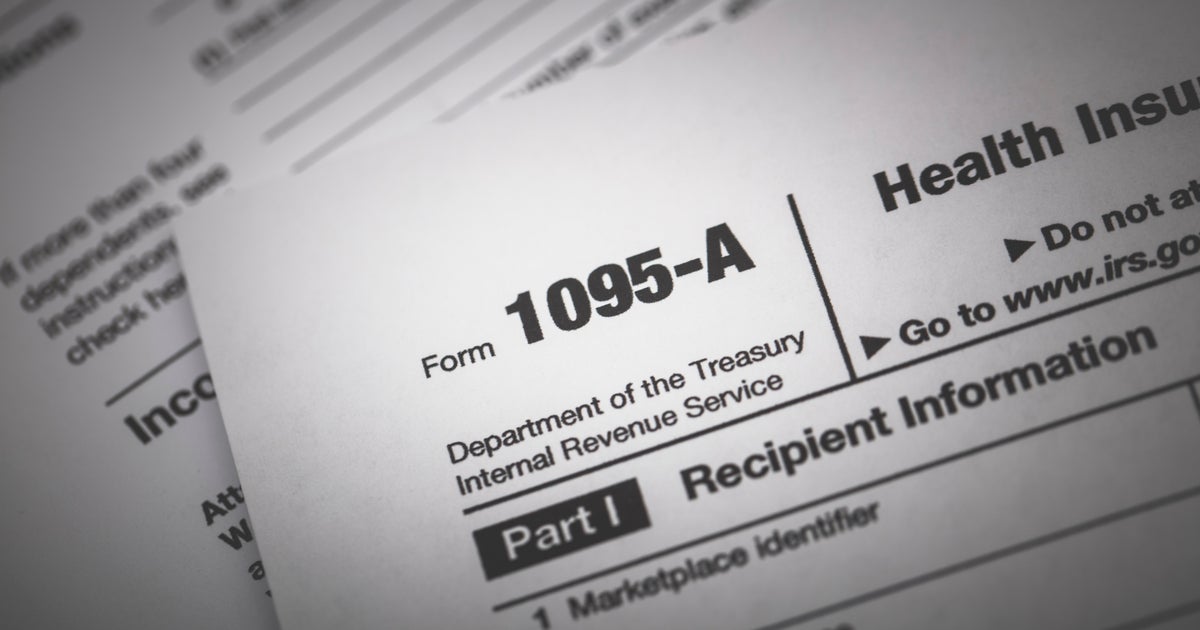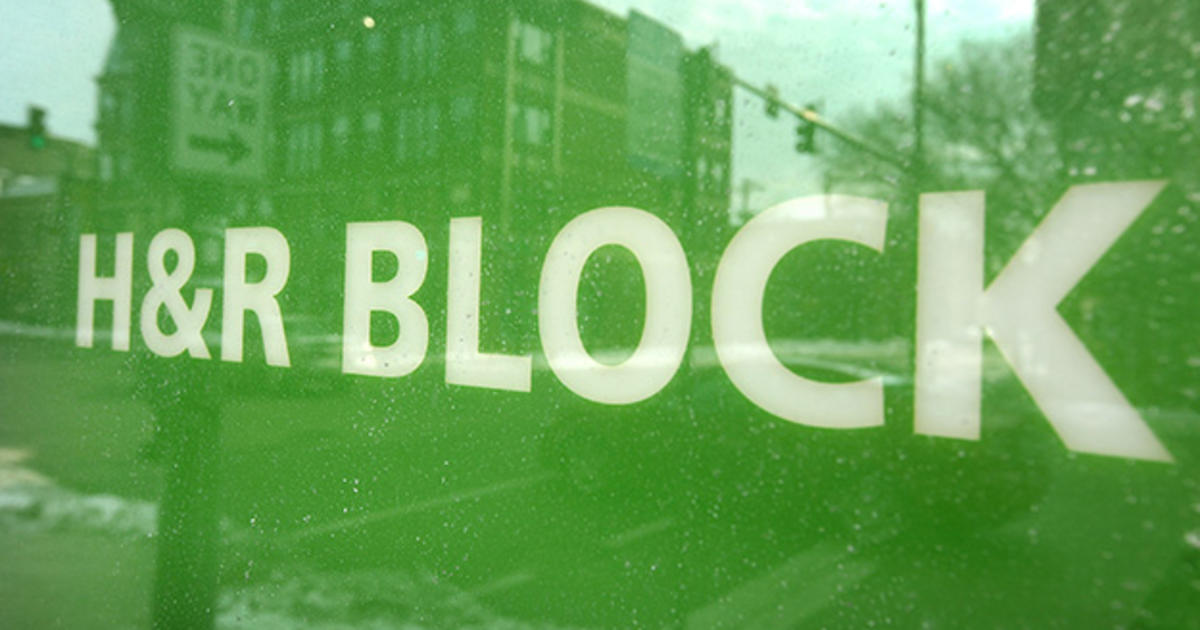How the "kiddie tax" can bite when giving money to children
Families who want to help their children get a head start on saving and investing have several types of accounts to choose from, including a Roth IRA and a 529 Plan account.
And if you want to give money to a minor child for any purpose (not restricted to education or retirement), the account to consider is a Uniform Gift to Minors Act account, also known as a UGMA/UTMA account, or custodial account. But when you go this route, you'll need to know about the so-called kiddie tax, which results in taxing some of the child's investment income and unearned income at the parent's tax rate.
Before the kiddie tax was enacted in 1986, families could move assets to their children's names to reduce the tax on future gains or investment income. This was effective when the child was in a lower tax bracket than the parents. This worked well with capital gains. Before selling a highly appreciated investment, the parent would transfer the shares to the child's account and then sell them, realizing the gains under the child's Social Security number and then taxed at the child's lower tax rate.
But with the kiddie tax, most investment income earned in accounts owned or held for the benefit of a dependent child is taxed as if it were reported on the parent's tax return. In 2007, this rule was changed to include any children under age 18 or under age 24 if they're full-time students.
Also, the kiddie tax applies to all income that's not "earned." This means in addition to investment interest, dividends and capital gains, other forms of unearned income -- such as Social Security benefits, trust payments and even distributions from an inherited IRA -- are also subject to this additional tax.
Parents and their financial advisers need to understand the details of the kiddie tax because it should be considered when making decisions about how to save and give money to your children.
The basic rules allow for the first $1,050 of a child's unearned income to be free from income tax. Unearned income above that and up to $2,100 is then taxed at the child's tax rate. Any unearned income over $2,100 is subject to the subject to the kiddie tax. These limits are adjusted up for inflation each year.
Income over $2,100 isn't simply taxed at the parent's rate. Instead, the child's unearned income over $2,100 is added to the parent's other income, and the parent's total tax liability is recalculated. The additional tax attributed to the child's income is calculated on Form 8615 and is included with the child's tax return.
Parents can also opt for a simpler process, which is to use Form 8814 to report the additional income and tax on their return. But doing this can result in a higher total tax than having the child file an individual return.
The bottom line is that parents should limit the amount of assets they transfer into accounts whose investment income is subject to the kiddie tax, including UTMA/UGMA custodial accounts. By doing so, you'll limit the amount of unearned investment income subject to the kiddie tax.




